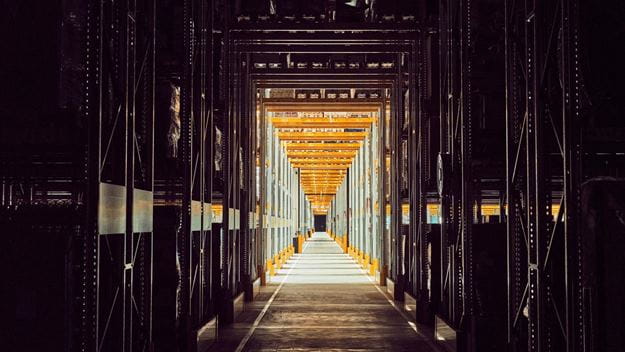Lowering your logistics emissions
We believe business and sustainability should not be mutually exclusive. That’s why throughout the supply chain we provide you options to introduce a sustainable fuel solution for your cargo.
As clean fuel solutions are continually developing, the amount of fuel available varies in different parts of the world. However, we are committed to meet the immediate fuel solution needs of our customers, wherever they are on the globe.
So, whether by road, air or sea, you can benefit from our knowledge, and our certified suppliers, as we simplify your business decarbonisation initiatives from beginning to end while delivering a CO₂ reduction declaration for your calculations.
The sustainable fuel process explained
-
We help identify your current carbon footprint
-
We recommend the right fuel solution for you
-
You place your order with DSV
-
We confirm your order and send you the invoice
-
You receive your CO₂ reduction declaration
Advantages of biofuel
- Can reduce CO₂ emissions by up to 90%
- Can be used as a direct replacement (drop-in) for air, sea and road fuels.
- Biofuels come from renewable sources.
- Can significantly reduce Particulate matter (PM) emissions.
- Biofuels are biodegradable meaning in case of an accident, they can break down naturally.
- New developments in biofuels means it’s likely they’ll be more energy efficient than conventional fuel in near future.
What types of sustainable fuel are used in logistics?
We provide sustainable fuel options across our air and sea as well as road services. Plus, as we only use suppliers who meet sustainability criteria of various accredited frameworks, you can rest assured that you are truly getting closer to decarbonisation.

How do we use sustainable fuel in our logistics?
Once we’ve determined your existing carbon footprint, we recommend a proper sustainable fuel solution that will help to decarbonise your supply chain most efficiently.

Which fuel is most sustainable?
What are examples of BioFuels?
Read about our other Green Logistics solutions
-

CO2 reporting
Track and trace your impact and get comprehensive insights and data analysis to drive reductions of your supply chain emissions.Read more -

Supply chain optimisation
Work with our experts to identify ways to improve both your supply chain and carbon footprint.
Read more -

Sustainable warehousing
Reduce your CO₂ through sustainable warehousing facilities designed to reduce energy and waste.Read more -

Carbon offsetting
Invest in renowned environmental projects to compensate for your emissions.Read more






